This article is not about covid19. For information on covid19 as it pertains to humans please reference the CDC and the World Health Organization. This article is about reptiles (see title).
Nidovirus is a very serious and often fatal disease in captive pythons. Ball pythons are extremely popular and the transfer of potentially sick animals is increasing. There are tests available but many are dissuaded against appropriate health care for their animals.
Ball pythons are a particularly rich vector for nidovirus to enter a collection. Infected ball pythons may show no clinical signs of infection (asymptomatic).
Let’s explore what nidovirus is and the impact it has on our industry.
What Is Nidovirus?
As it pertains to this article nidovirus is used in reference to a contagious pathogen found in captive reptiles. The order nidovirales, which includes coronaviradae, includes SARS, MERS, and covid19 as it appears in humans. Like their human counterparts far down the tree, the nidovirus infections experienced by reptiles cause an onset of respiratory distress which may be exacerbated by secondary infections. Even without secondary infection the disease is often lethal in many species of pythons.

The family of viruses above are so related that one researcher in January of 2020 actually concluded that the current covid19 virus originated from a snake. That, thankfully, has been thoroughly addressed by Mark Stenglein of Stenglein Lab who concludes:
“It remains possible that snakes are the source of 2019-nCoV, but the data presented here is not convincing evidence of that.”
You are not going to “catch” covid19 from a snake. The comparison here is only to demonstrate the similarities in this family of viruses.
This article is about nidovirus as identified in captive snakes.
Why Should We Be Concerned?
Because, if you own a ball python or a number of other pythons, you very likely already have this disease present in your pet(s).
You very likely already have this disease present in your pet(s).
Nidoviruses have been identified primarily in pythons but also in colubrids. Shingleback Skinks also have a form of the disease. Current research does not seem to suggest that the nidovirus detected in colubrids can infect skinks or that the nidovirus in skinks can infect pythons. However, the nidovirus originating in species of pythons seem to be able to jump species of python without issue.
Nidovirus has been detected in pythons in their respiratory tract, feces, on eggs, and within eggs. Transmission is most likely from direct contact with respiratory secretions or feces. The virus is assumed, based on comparison to other coronaviruses, to be able to survive outside of a host for a significant amount of time: SARS, by comparison, can remain in the environment for 4 days. Shared environments, furnishings, bedding, and possibly even handling all seem to be perfect avenues for nidovirus to cross into healthy animals.
The popularity of ball pythons lends to the problem of transferring nidovirus. Ball pythons are transferred, loaned, and are the star of many “do-it-yourself reptile business” ventures. Many keepers have a large number of different species and may keep one or two ball pythons — inadvertently endangering the whole group.
If you keep snakes you should stop what you’re doing and watch this video immediately:
How the Community Treats Nidovirus
The industry itself has a pretty laissez-faire approach to nidovirus in general. Overall the community doesn’t have much of a desire to stop the disease, either. There are, at this time, no public sellers with disclosures for nidovirus. There is no requirement for the seller to perform an examination by a veterinarian before transfer of the animals. There are, at this time, no sellers offering to test snakes as part of the transfer process. These items can be performed voluntarily by those individuals with compassion for these animals.
Shortly after this article was written it was submitted to Reddit’s snake subreddit. The article was quickly removed without explanation.
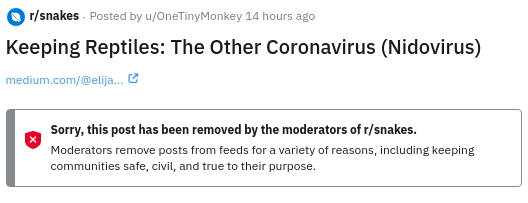
Staff members of a very popular site can be found dissuading users against expecting healthy snakes.
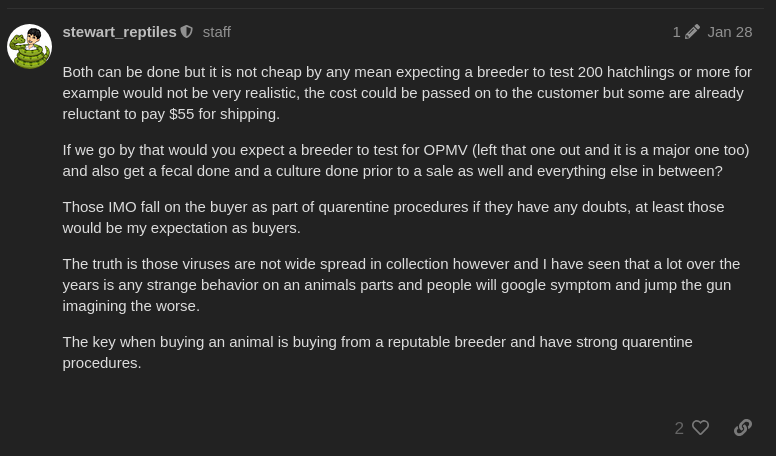
In the screenshot above we see staff of MorphMarket suggesting that fecals and nidovirus testing are extremely expensive.
Let’s be clear about the testing expense: They aren’t expensive. Not only is this inaccurate but it is entirely misleading. Both the post above and below the post in the screenshot question about disease in pythons — with MorphMarket staff answers dismissing nearly all testing for any disease in any animals by breeders. This same staff member uses their MorphMarket account to primarily sell ball pythons — a vector for nidovirus in many collections.
Vertical transmission (from parent to offspring) has rarely been detected. For a breeder to have 200 hatchlings on-hand that all need to be tested for nidovirus there would only be one explanation — a known nidovirus presence in their collection of breeder animals. This user appears to be tattling on themselves as there would be no reason to test hatchlings if the parents were negative.
Maintaining healthy breeding animals should not be a concern to a customer but to the breeder. As a business owner this should not be a burden.
Veterinarians will most likely charge $10USD for a fecal test that covers parasites. As low as $40 should cover DNA/RNA testing for viruses like (as the staff member mentions) OPMV and, at the same rate, nidovirus. Not only are these tax deductions for private animals but they can also be tax deductions for a business — this should highlight that the particular user here is most likely not operating an actual business.
To further add insult to injury the staff member then suggests that the very viruses they mention aren’t wide spread and are detectable in “quarentine[sic]”. Fishhead Diagnostics disagrees specifically in regards to nidovirus while advising that infections may not present clinical symptoms — you will not know you are introducing an infected snake into your collection without testing.Fishhead Diagnostics Statistics via Facebook
What Happens to Sellers Sending Infected Animals Around?
MorphMarket does not perform any sort of escrow or transaction on behalf of the buyer or seller. It functions much like Craigslist, Facebook, or similar social media sites that place all liability on the users. You can read about what MorphMarket facilitates here and also, as pictured below, how to “research” an online seller.

Most of the suggestions are around using the MorphMarket site itself. Metrics including how long they have been a member doesn’t correlate to trustworthiness. Feedback, since transactions are not facilitated through MorphMarket, can be synthetically inflated by the seller. Followers have a similar problem. Ironically the staff member suggesting that a breeder with 200 hatchlings can’t test for disease (above) does not actually have a working website at the time this article was written.
To further drive the point home: I have received snakes from prominent, trusted MorphMarket sellers with nidovirus.
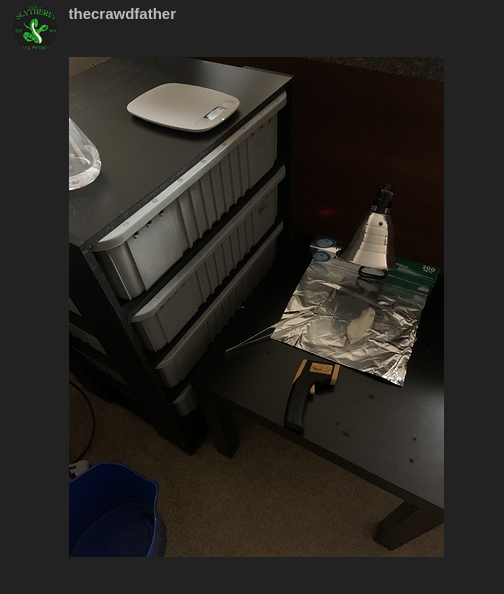
In the screenshot above, we see another hopeful MorphMarket seller starting their “business” using a name including the word Slytherin. The exclusivity of trusted sellers on MorphMarket isn’t any different than Craigslist, Facebook, or any other social media site. Undoubtedly, in usual social media fashion, we will probably see a standard social media brigade including lies, accusations, and excuses. They may even suggest that this is a money grab by labs deciding that testing for nidovirus is lucrative — that’s certainly untrue.
[Update 1: All predictions above have come true including a user suggesting I was trying to apply for a position at Fishhead Labs — which is just weird]
[Update 2: The user in the screenshot suggesting that the tests are unnecessary further has threatened to sue me over Facebook, has made a few wild accusations as expected, and still has not committed to any tests for any animals — as expected]
[Update 3: There is currently an effort to brigade Medium with reports that this article violates newsworthiness because it includes screenshots and links to YouTube videos — censorship by appeal but, as that is completely inaccurate, it won’t happen]
What Can We Do About Nidovirus?
We, as a community, can expect more.
In the video above Reach Out Reptiles voluntarily performs a test for nidovirus before transferring an animal to a keeper.
Brian Kusko performs a similar test on a snake in his collection.
It is worth noting that out of all of the videos on YouTube there are many, many videos debating the spider gene — but only a few even mentioning nidovirus.
Fishhead Labs offers this advice:

“If your snakes are showing clinical signs of respiratory disease, it is important that you get your local reptile veterinarian involved. Examination and treatment protocols to support these animals is imperative as there is no cure for the virus, but there is evidence they can survive infection and produce uninfected progeny.”
Involve your local veterinarian.
Test preemptively for common diseases like nidovirus.
Quarantine as necessary but understand ball pythons, especially, can present no clinical signs. Testing should be sought immediately and a seller should provide you the option to have them perform the test. The incubation period of the virus is, at this time, unknown. Test and retest at the end of your quarantine period.
Do not be copacetic because of members in our community, including MorphMarket, intentionally providing misinformation about problems in our community so that they can sell more snakes cheaply from their homes.
Additional Resources
If you find a conflict with these resources and anything above please leave a comment.

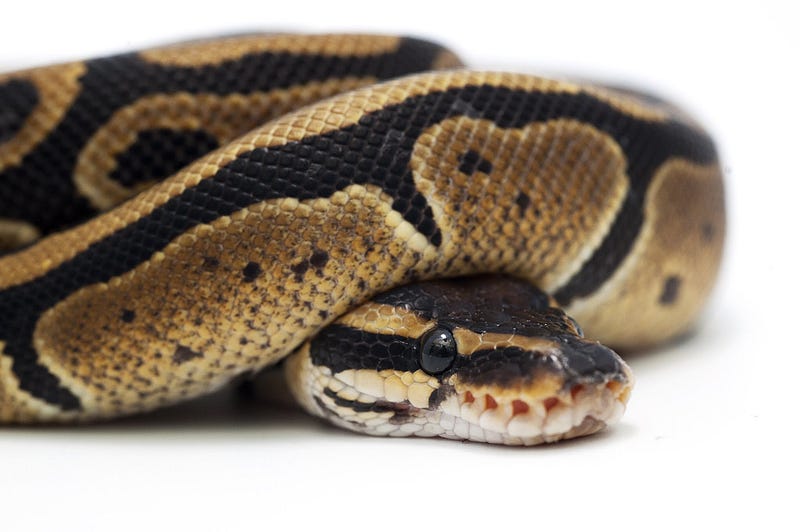


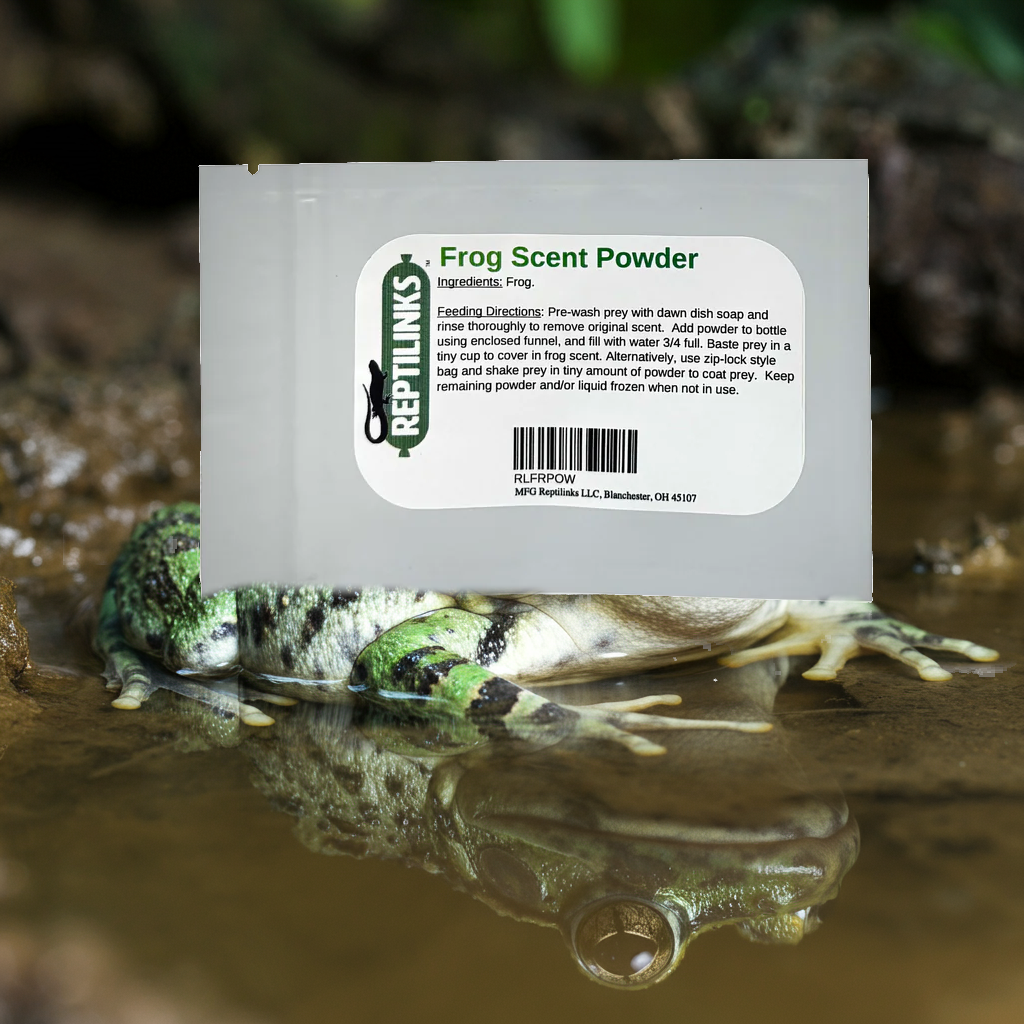
Comments